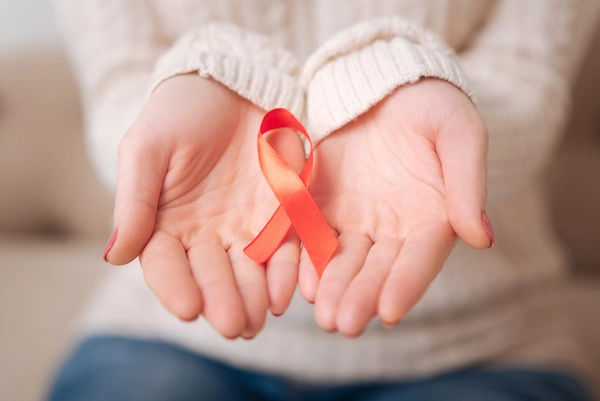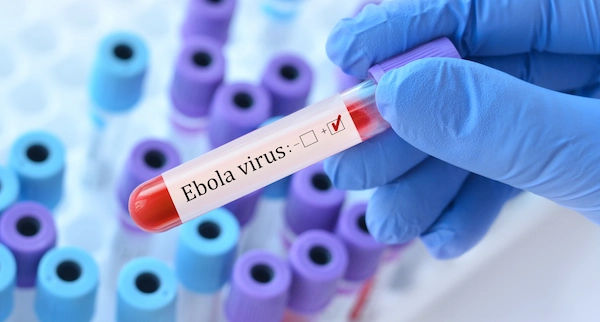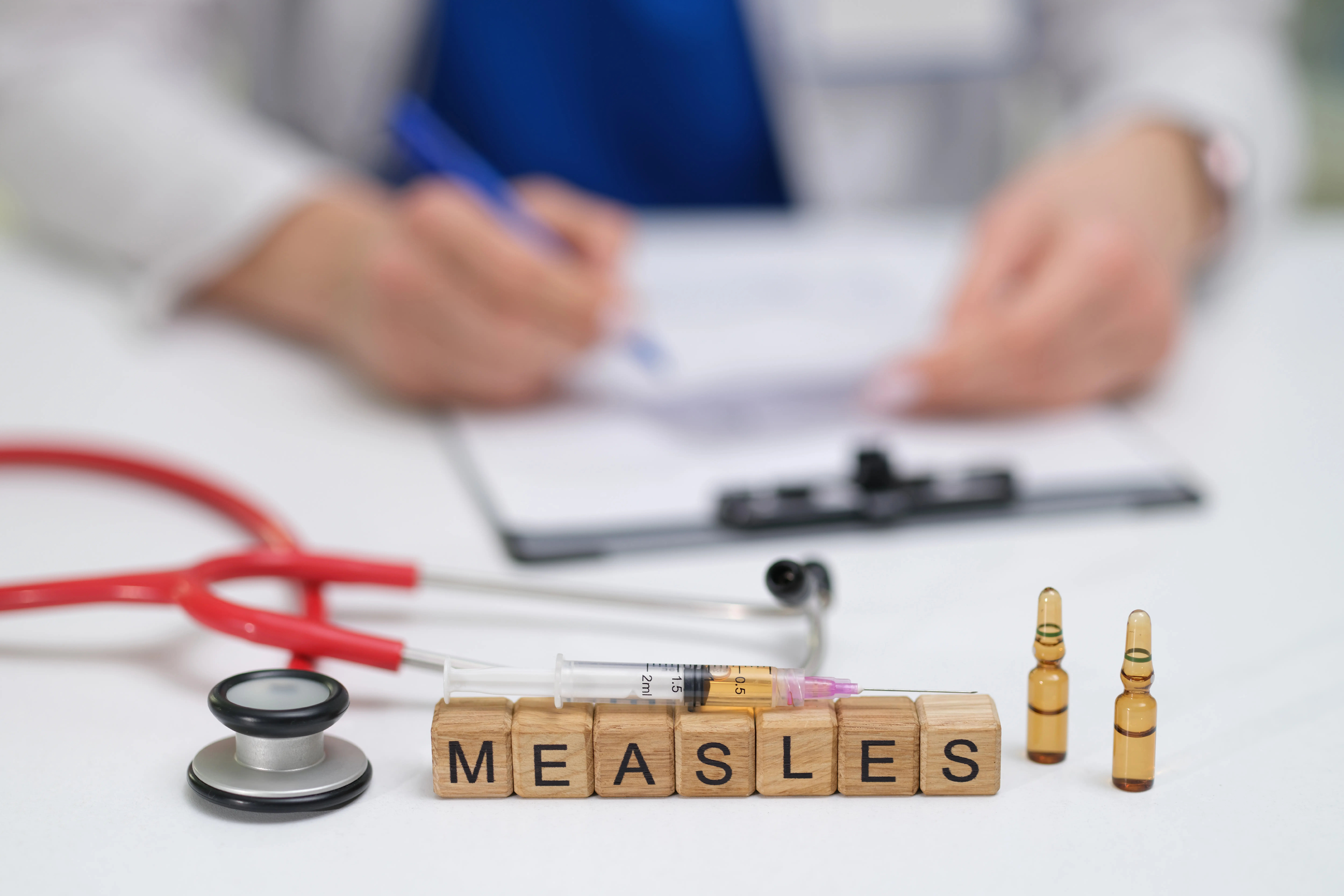- Male
- 26 Years
- 29/01/2025
I got my Widal test results back and I'm kinda worried about them. The report says: Salmonella typhi O Antigen 180, Salmonella typhi H Antigen 180, Salmonella paratyphi AH Antigen 120, and Salmonella paratyphi Bh Antigen 120. Can you tell me if this means I have typhoid?
Answered by 1 Apollo Doctors
Based on your Widal test results, the elevated titers of Salmonella typhi O and H antigens suggest a possible typhoid fever infection. I recommend starting a course of antibiotics such as Ciprofloxacin 500mg twice daily for 7-10 days to treat the infection. Additionally, ensure adequate hydration and rest for a speedy recovery. Consult with your physician before starting any medication.
Dr. Shubham Suggests...
Consult a Infectious Disease specialist
Answered 04/07/2025
0
0

More Infectious Disease Health Queries
View allWhat are the 4 types of infectious diseases?
Bacterial infection, Viral infection, Fungal infection, Prion.
Answered by 1 Apollo Doctors
What should I do if a mongoose suddenly jumped on my foot? I'm not sure if it was his nails or if he bit me, but I felt something. Should I be concerned?
If there is no wound you can ignore it,if you have any you have to recive complete course of ARV
Answered by 1 Apollo Doctors
I'm really worried because I've been dealing with typhoid fever for about a month now and I'm on antibiotics, but around 10 days ago I developed a sore throat and it's just not getting any better. Can you please give me some advice on what's going on with my sore throat? I'm really concerned about it.
Sore throat is usually not related to Typhoid but may occur. Please see a doctor who will examine your throat and advise you accordingly.
Answered by 1 Apollo Doctors
Disclaimer: Answers on Apollo 247 are not intended to replace your doctor advice. Always seek help of a professional doctor in case of an medical emergency or ailment.





